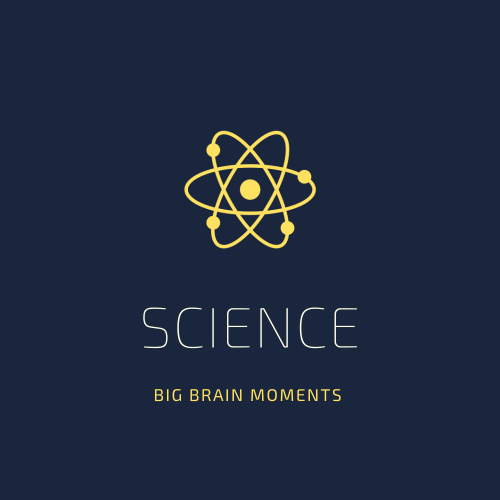Science-Big Brain Moments: Space Exploration

October 28, 2021
Have you ever wished there was a place where you could find new scientific information? A place where you could easily access new information and discoveries made on a daily basis? If you’re looking for all that, then you’ve come to the right column.
The main purpose of this column is to inform you about recent and interesting discoveries made in the science community, ranging from new advances in technology and medicine, to interesting topics about how forensics science works (aka the science that helps solve crimes). On other occasions, this column will include recent discoveries in paleontology and geology, climate change and weather, and upcoming space launches planned by NASA or Space X.
One of the first articles this column will cover is on space science and space exploration, and will be informing on any planned and upcoming launches happening in our very state and anywhere else in the world.
In other news, NASA has several missions planned for October, one of the first missions took place on October 5th, where NASA sent three Russian crew members to the International Space Center. NASA planned to have the rocket launch in the Baikonur Cosmodrome in Kazakhstan, at 4:15 am EST time. The launch wasn’t visible from our location but NASA did livestream the launch in its app and on its website. But if you’d like to see a rocket launch that is taking place in Florida, Space X and NASA have an event planned for the end of October.
On October 31, Space X is planning to launch the Crew Dragon Endurance, taking 4 of NASA’s astronauts, into the International Space Station for a long duration mission that will last six months. During the six months these astronaut will spend most of their time studying aboard the microgravity laboratory in low-Earth orbit. According to NASA’s blog about microgravity, the research gained from such missions “helps prepare for Artemis missions to the Moon and eventually long-duration missions to Mars, as well as provides critical opportunities for additional research to be conducted aboard the station that can benefit life on Earth.”
Stay tuned for future articles and let’s hope these astronauts have a safe trip to the International Space Station!
